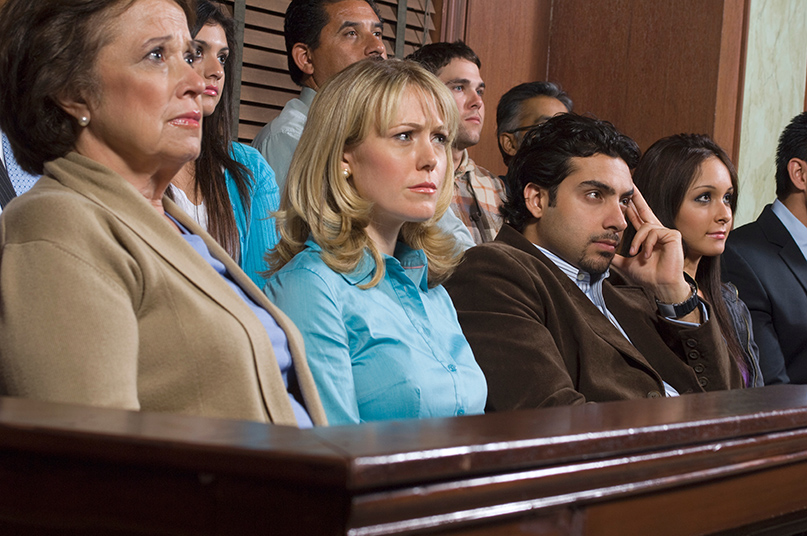The Power of Persuasion
Closing arguments bring to mind high cinematic drama: the space where star trial lawyers make a powerful, even grandiose, speech tying together all of the evidence to connect with the jury and persuade them to enter a verdict for the lawyer’s client. Unlike the opening, where the lawyers give “just the facts” and outline what the evidence will show, during closings, attorneys have the opportunity to actually argue their case to the jury. They can appeal to the jurors’ emotions as well as their senses of justice and fairness. They can tie the case presented to values that are important to the local community and jurors’ own lives.
In the real world, great closings generally aren’t passionate sermons where the lawyer engages in combat with the opposing position, urging the jurors to agree with the lawyer. Instead, many great trial lawyers have mastered the skill of showing the jurors that they agree with the jury. A lawyer who can lay out her case with a clear, compelling narrative structure through the opening statement and presentation of evidence can reap the reward during closing arguments in demonstrating that the lawyer proved what she set out to show. As a result, there is only one reasonable conclusion, which the jury has already, no doubt, reached. Accomplishing this is a rare skillset that few lawyers are able to truly perfect. The lawyers who manage it, however, will hear back from jurors that the verdict they reached was logical and that getting to consensus was easier than they expected.
The Importance of a Roadmap
In addition to reaffirming what the jury has already determined to be true, great trial lawyers use their closings to give the jury a roadmap to get to the right conclusions on the verdict form. This can include walking the jurors through complex or difficult jury instructions, connecting the evidence presented to the elements of a claim or defense, or walking the jury through the verdict form itself.
Building a closing argument that addresses the critical details necessary for the jury to apply the facts to the law correctly might not be as exciting as scripting a thunderous closing argument that Spencer Tracy or Gregory Peck might have given in our favorite legal dramas. But a great trial lawyer knows that if the jurors are left confused by the jury instructions and verdict form, the best possible presentation of a case might not be enough to prevent disaster.
Conclusion
In the hands of the most talented trial advocates, even tough cases can be resolved quickly and unanimously by the jury. When it comes to how an effective closing can achieve a great outcome in the toughest cases, we are pleased to let our results speak for themselves. In recent years, in numerous lengthy, high-profile, high-stakes cases, Keller/Anderle attorneys have achieved unanimous jury verdicts, returned in just hours:
Federal Jury Sides with Costa Mesa in Sober Living Case
Jury Returns Full Defense Verdict in Kevin Spacey Case
Jury Finds for Toy Maker in Legal Dispute with Rapper Clifford TI Harris and His Wife
MassMutual Class Action Trial Ends in Defense Verdict
Jury Acquits Burum After Eight Month Trial
Bring us your toughest case. We’ll get the job done.

